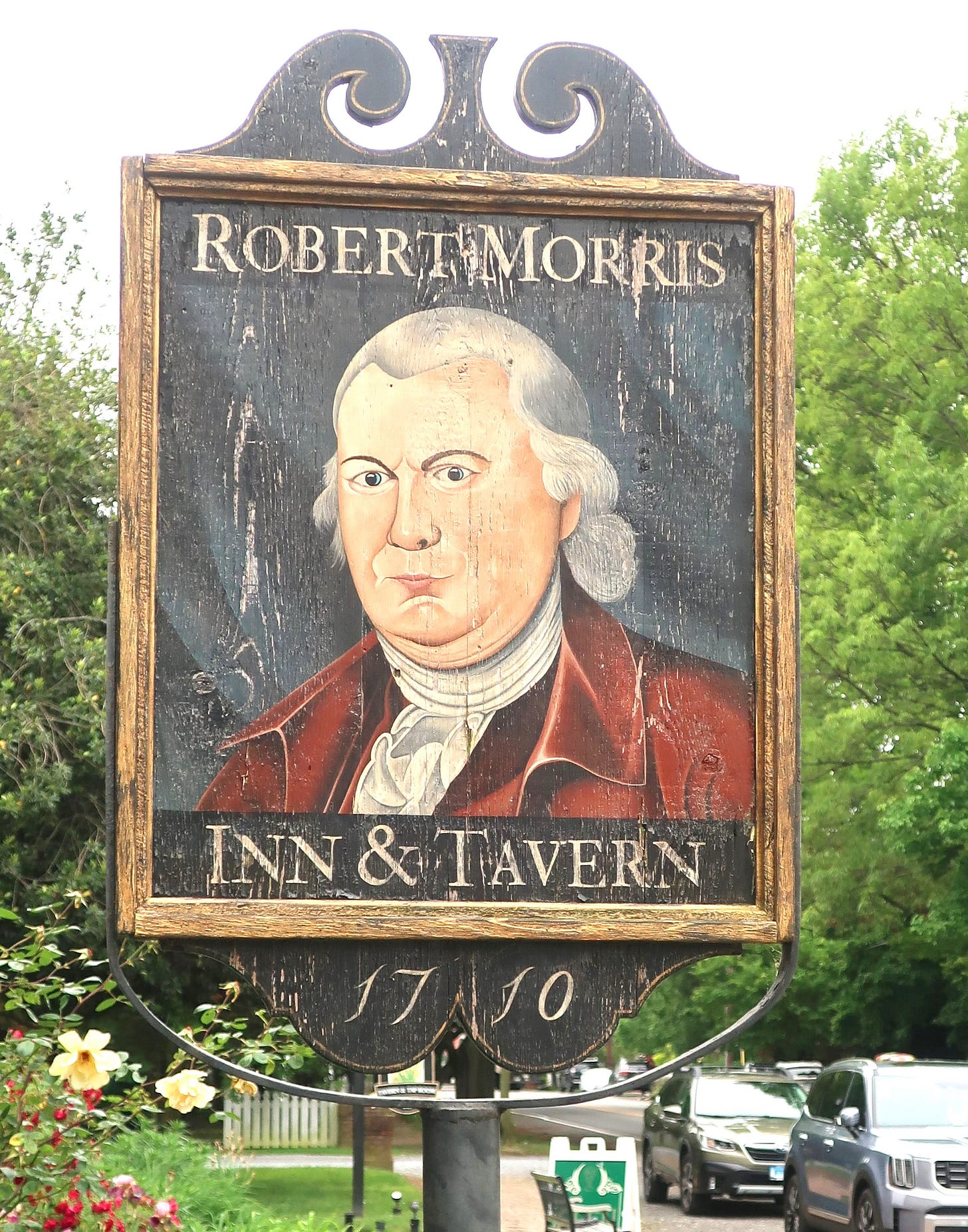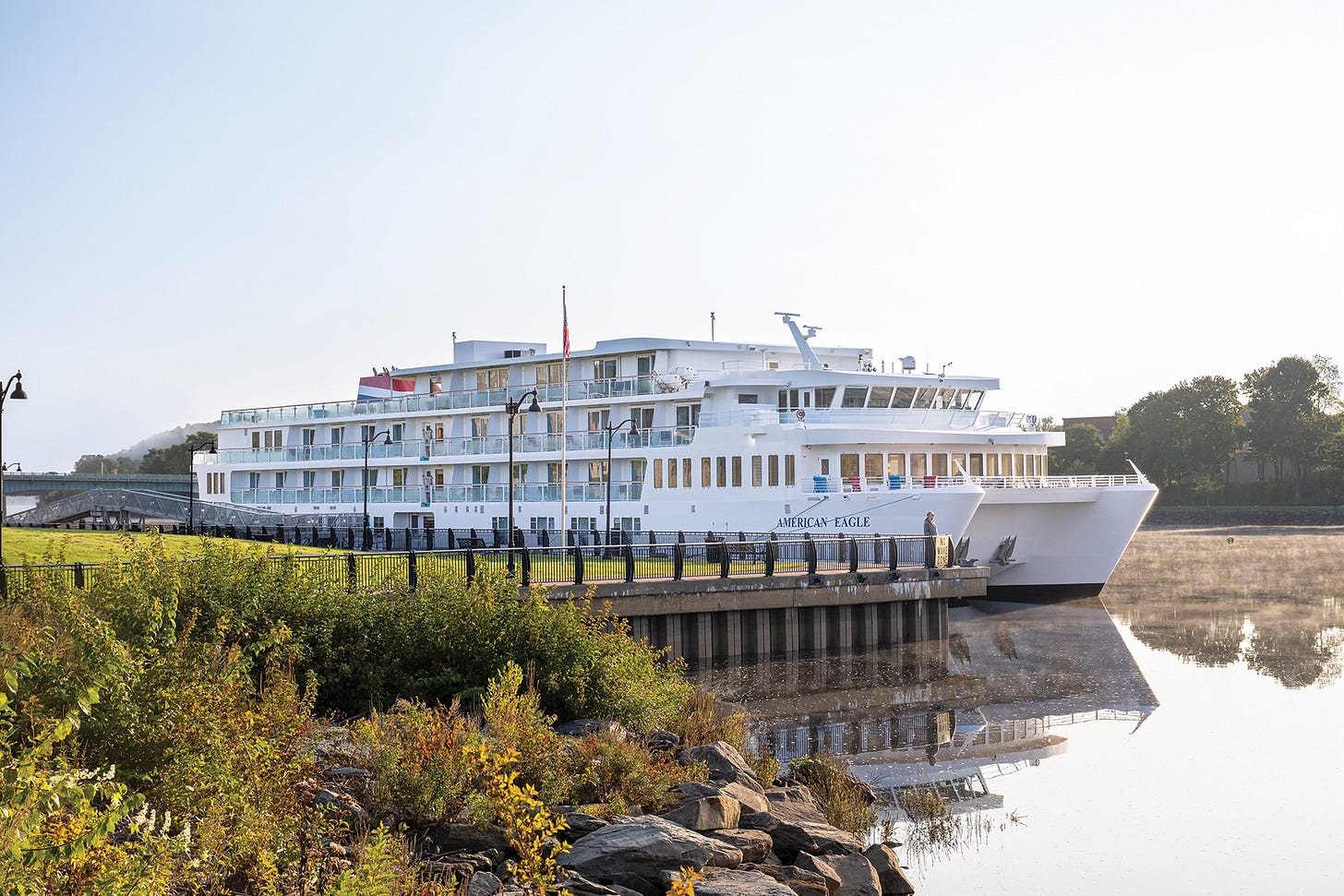Rooms to Explore: Three wonderful inns to explore
These are hotels, inns and other lodgings that help to bring the local history, culture and lifestyle alive in a very meaningful way.
This Rooms to Explore feature focuses on accommodations throughout the country and the world that become part of a visit to a destination.
These are hotels, inns and other lodgings that bring the local history, culture, and lifestyle alive very meaningfully. The sightseeing and travel experience begins in the housing itself. When I’m lucky enough to come across such places, I take pleasure in sharing my fortunate encounter, and my observations, with others. I recently enjoyed three such accommodations which tell very different stories.
The 86 Cannon Charleston, South Carolina.
In the early 18 th century, England imposed an urban planning design on its American colonies which dictated slender lots with the narrow side of the house facing the street.
That plan was perfect for Charleston, South Carolina which at the time was a miniscule 62-acre town enclosed by a wall.
The street-facing door of these structures opened into a two-story piazza (porch) which ran alongside the home. Houses were positioned to take advantage of breezes emanating from the nearby harbor.
The 86 Cannon boutique B&B is typical of these historic houses. Built in the early 1860s, its spacious rooms have been meticulously restored to provide mid-century finishes with classic French-inspired touches in an ambiance of luxury. Original chimney bricks and ceiling rafters, gas lights, wavy glass window panes and wood floors serve as reminders of the home’s notable past.
Examples of southern hospitality range from the homemade and locally sourced breakfast items and a complimentary afternoon wine and cheese pairing to a library stocked with vintage books and an honor bar. Additional guest rooms are available at the site in circa 1887 and 1909 cottages and a new bungalow that overlooks the lushly landscaped swimming pool.
Another welcome feature is the use of loaner bicycles. Biking, or walking, is a good way to take in the historic and other treasures of Charleston. As part of South Carolinas Low Country region, its flat setting provides a perfect venue for sightseeing. And there’s much to enjoy, which is why readers of Conde Nast Traveler recently voted Charleston the “Best Small City in the Unites States;” subscribers to Travel + Leisure awarded it top spot in their “Favorite Cities” category for 11 years in a row, and The New York Times included it high on its 2023 list of “52 Places to Go.”
For more information log onto 86cannon.com .
Robert Morris Inn, perched on the shoreline of the Tred Avon River in Oxford, Maryland.
That tiny town (population about 600) is one municipality in Talbot County that offers deep dives into intriguing chapters of our nation’s past.
Indigenous tribes that lived in the area were followed by Captain John Smith, who surveyed the region in 1608. The first English settlers arrived in the 1630s, established tobacco plantations and formally created Talbot County in 1662.
The Robert Morris Inn was built in 1710 to serve as a home and since 1800 has operated as a hotel. Prominent dignitaries who have slept there include George Washington and Robert Morris, for whom the property is named. He was a British-born merchant and banker who moved to Colonial America, personally helped to finance the Revolution, and signed the Declaration of Independence.
Touches of this storied past are everywhere. The original wood paneling and oak timbers which still are visible were hand-made by ship carpenters, and fireplaces were constructed of bricks that were brought from England long ago as ballast in vessels.
This was a fitting location for author James Michener to stay while he outlined his best-selling history-based novel Chesapeake.
Guests today may occupy chambers where important episodes of the United States’ creation and past were planned and executed. For more information log onto robertmorrisinn.com
American Cruise Lines’ ships are known for their spacious staterooms
The room where Fyllis and I laid our heads at night, had floor-to-ceiling sliding glass doors open to an outside private balcony. They provided panoramic views of the passing scenery.
Another room that my wife Fyllis and I enjoyed was unusual because it moved. It was a stateroom on the American Eagle, an American Cruise Line ship we occupied on a voyage from Amelia Island, Florida to Charleston South Carolina. The vessel sailed on a section of the Intracoastal Waterway, the 3,000-mile-long stretch of rivers, canals, and bays that run from Massachusetts to Florida and then to Texas.
The boat moved at night and each morning docked at a different town rich in charm, history and attractions. Between ports, a long list of on-board activities kept passengers interested and involved. Lecturers described the next day’s shore excursions and discussed a variety of topics about the history and culture of the area. Virtually around-the-clock opportunities for everything from a quick snack to a gourmet meal challenged weight-watchers.
The company’s vessels are specifically designed to navigate waterways and coastlines, and they offer more than 50 itineraries lasting from six to 61 days. For more information, log onto americancruiselines.com.
Victor Block
Victor Block retains the travel bug after gallivanting throughout the United States and to more than 75 other countries worldwide and writing about what he sees, does, and learns. He believes travel is the best possible education and claims he still has much to learn. He loves to explore new destinations and cultures, and his stories about them have won many writing awards.








